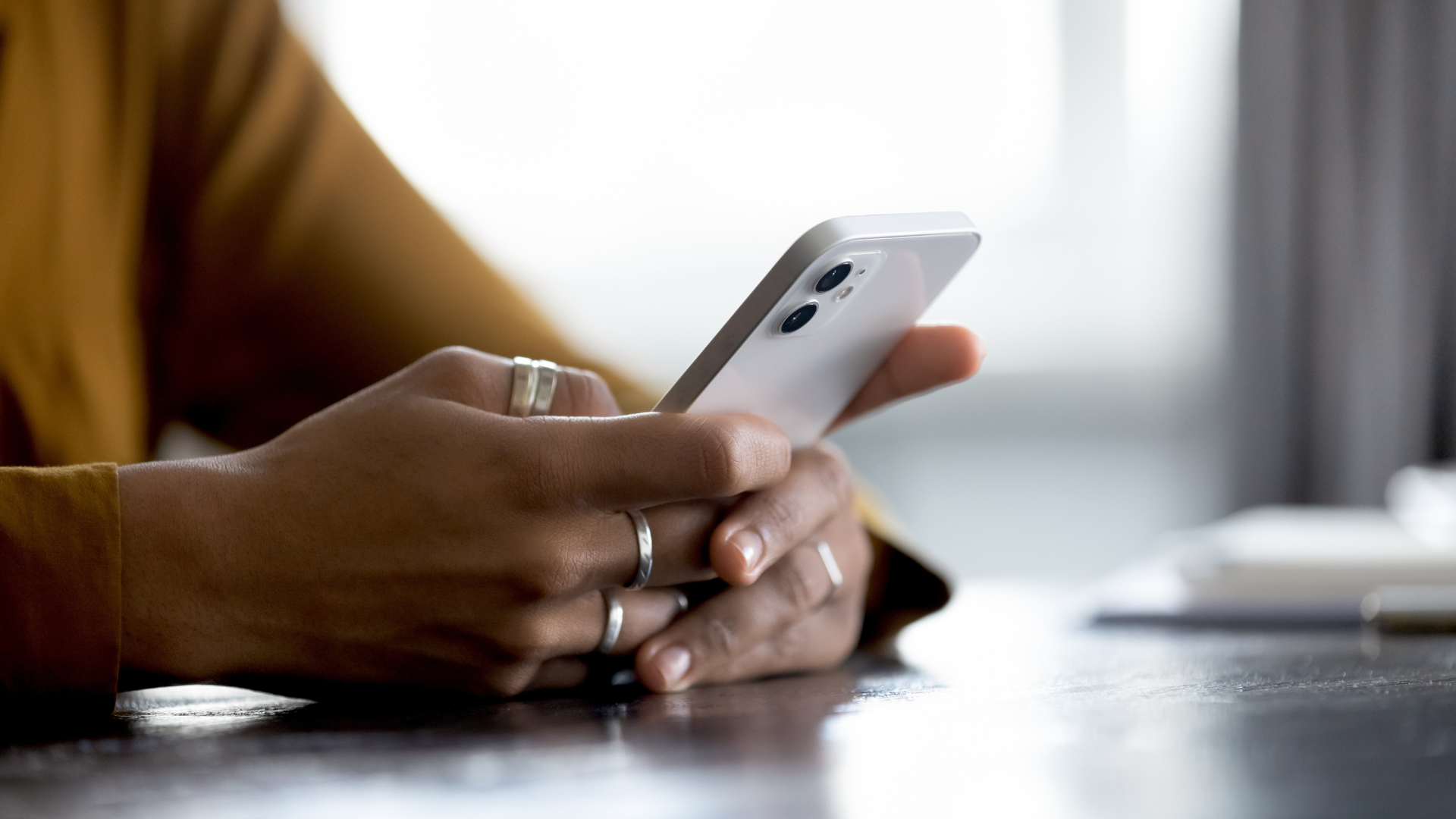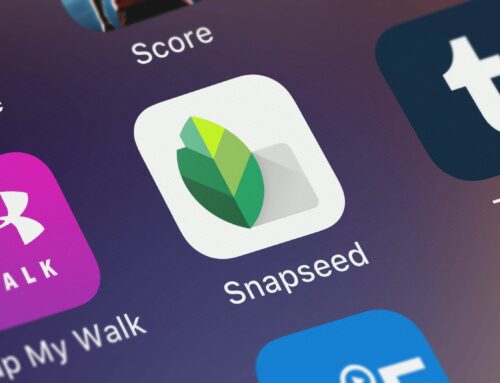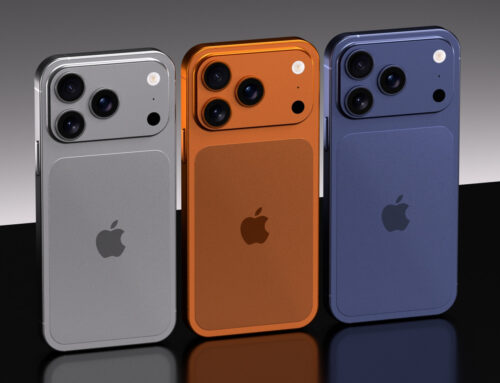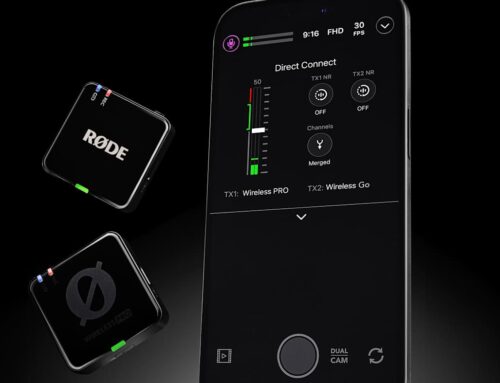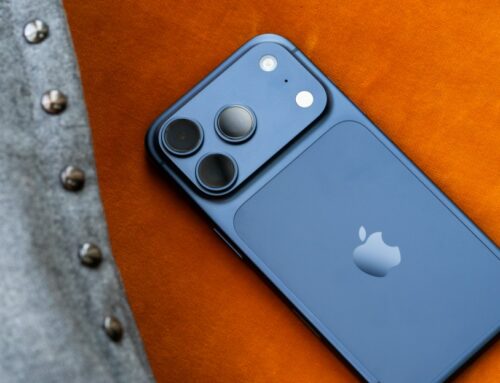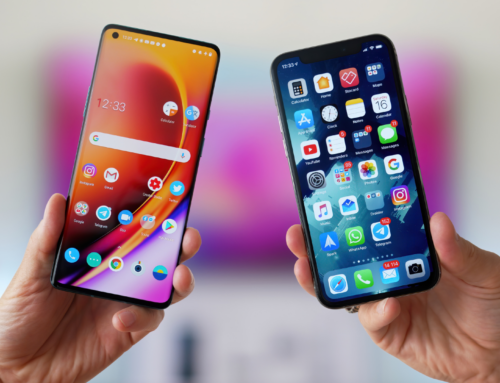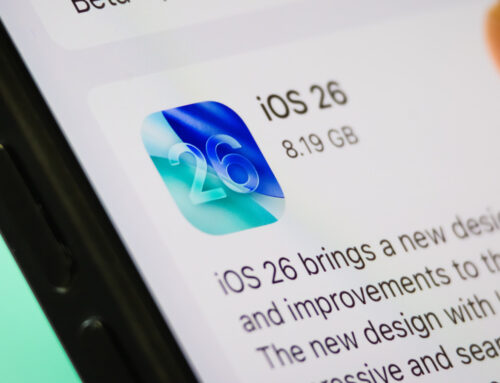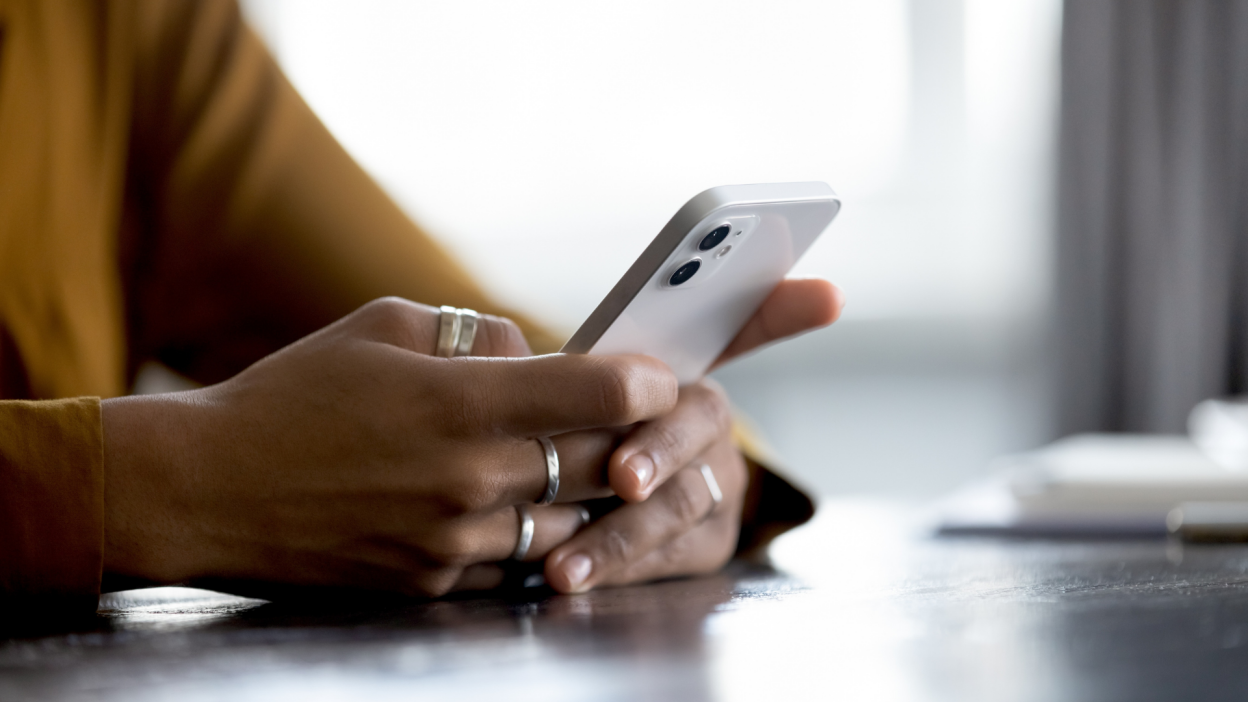
Credit: fizkes / Shutterstock.com
Last year, Apple announced it would finally bring RCS support to the iPhone with iOS 18. This was big news: For the first time, texting between iPhones and Androids wouldn’t absolutely suck. While RCS did make its way to iPhone’s with Apple’s big update, unfortunately, the full promise of RCS isn’t quite here yet.
What is RCS?
To fully understand the issue, it’s important to know what RCS actually is. RCS stands for Rich Communication Services, and is basically a souped up version of SMS: The platform supports modern messaging features, like typing bubbles, high-quality image and video sharing, functioning group chats, and end-to-end encryption. SMS doesn’t support these features, so using it—especially in group settings—can be a pain.
RCS isn’t available on all Android messaging services, but if your partner’s Android setup supports it, and you have it enabled on your iPhone, your conversations should feel very similar to iMessaging between other iPhones (minus the green bubbles, of course). Now, most of these features are currently working: You should be able to see when they’re typing; you should be able to send photos and videos in high resolution; and group chats should function much as they do between iPhones. There’s just one big issue.
RCS on iOS isn’t encrypted
At this time, messages sent and received via RCS between iPhones and Androids are not end-to-end encrypted. That means any conversations you have with Android friends are vulnerable, since these messages are sent without modern security protections.
That’s not a deviation from the norm for those of us on iOS: If you’re used to texting over SMS with Android users, those chats weren’t encrypted either. But the promise of RCS on iOS includes encrypted messaging. When you see that RCS tag in your green bubble chat, you should be safe in the knowledge that no one other than the parties involved in the chat can read these messages.
That said, RCS isn’t end-to-end encrypted everywhere, either. Google Messages is the biggest platform that supports default end-to-end encryption through RCS. Samsung Messages, for example, does not. Plus, the GSM Association, which develops RCS, says it’s working on end-to-end encryption for RCS on iPhone. Soon enough, iPhones may have an RCS feature some Android messaging platforms do not.
However, it doesn’t change the fact that some may be using RCS with misunderstood assumptions about their security: Until this future update hits, RCS messages on iPhone are never end-to-end encrypted. If you want all of your conversations with friends to be protected, you’ll need to stick to encrypted messaging platforms, like Signal or WhatsApp. Again, iMessage is end-to-end encrypted by default, so no worries there.
Other RCS issues on iOS
Security isn’t the only problem with RCS on iPhone right now. In addition, you may have trouble sending RCS messages when your wifi signal is low, even though these messages can send over cellular, too. If you send a sticker from an iPhone to an Android phone, that sticker will disappear after a few seconds. Plus, scheduled messages (a new feature for iOS 18) will only send when Apple devices are included in the chat.
Apple has some room for improvement with RCS here. Of course, it’s still better than SMS. Even if the bubbles are still green, I’m just happy I can share videos with my Android friends.
Android users: Everyone can see your group chat names
If you’re an Android user who is used to how things work on Google Messages, listen up: Group chat names are not private when messaging with iPhones.
On Google Messages, you can rename a group whatever you want, and only you will see it. That’s helpful for keeping tabs on specific groups, without worrying that other people in the group will know how you’ve designated the chat. That’s not how things work when iOS is involved, however. iPhones users will know that group chat names are controllable by everyone in the group, and are very much public: When one person changes the group name, it changes for everyone.
If you’re new to messaging iPhones on RCS, and you happen to have one in your group chat, don’t change the name to anything you wouldn’t be happy with everyone in the group seeing as well.

Jake Peterson
Senior Technology Editor
Jake Peterson is Lifehacker’s Senior Technology Editor. He has a BFA in Film & TV from NYU, where he specialized in writing. Jake has been helping people with their technology professionally since 2016, beginning as technical specialist at New York’s 5th Avenue Apple Store, then as a writer for the website Gadget Hacks. In that time, he wrote and edited thousands of news and how-to articles about iPhones and Androids, including reporting on live demos from product launches from Samsung and Google. In 2021, he moved to Lifehacker and covers everything from the best uses of AI in your daily life to which MacBook to buy. His team covers all things tech, including smartphones, computers, game consoles, and subscriptions. He lives in Connecticut.

